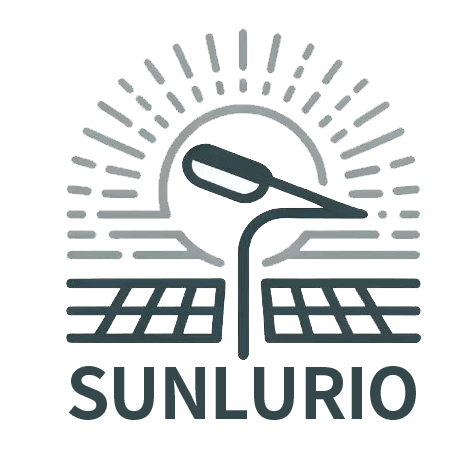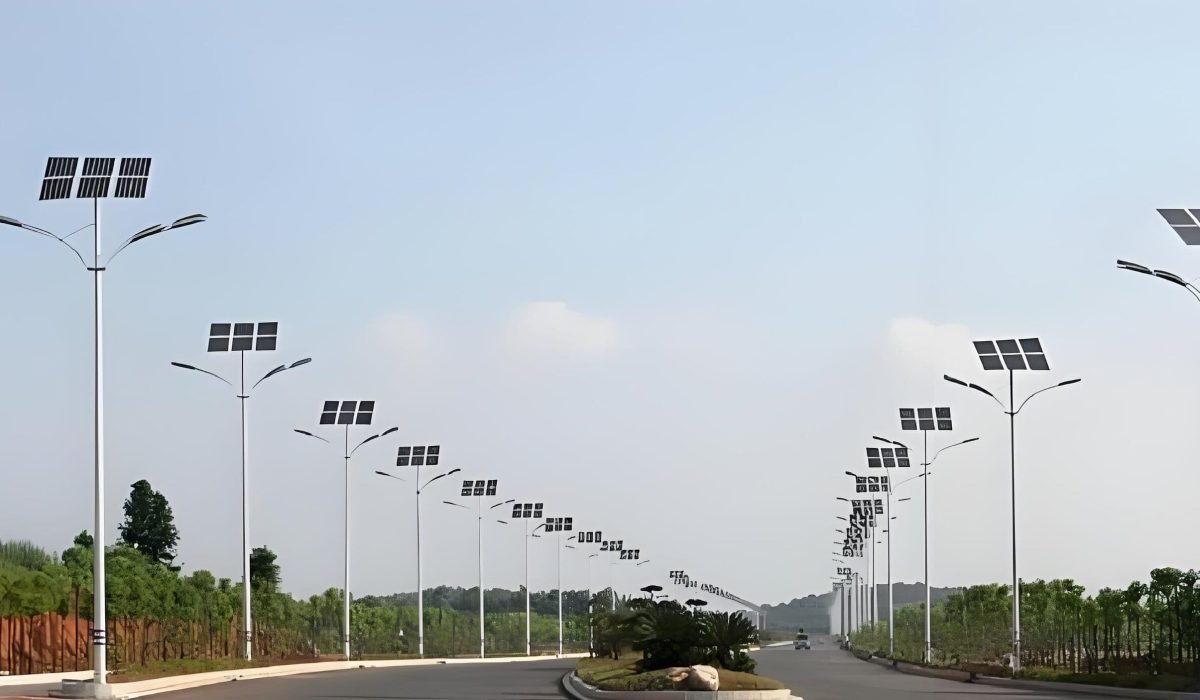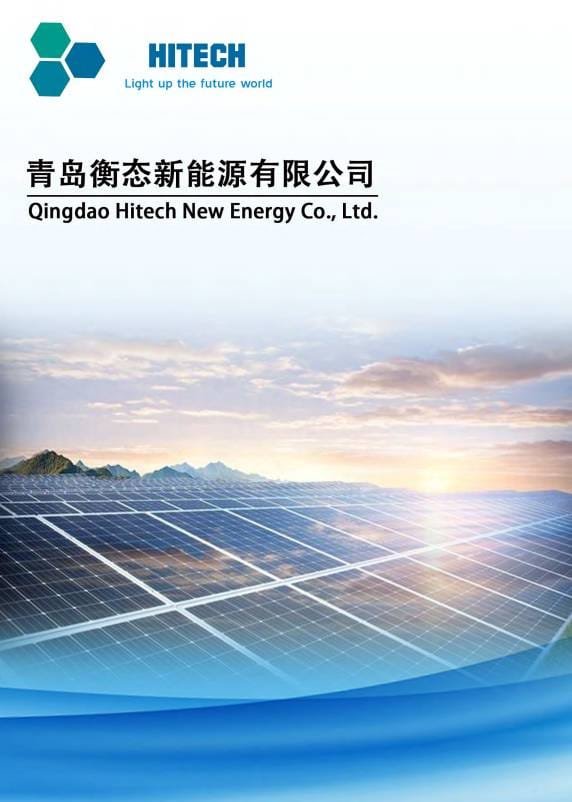Sustainable lighting solutions, such as LED and solar-powered lights, minimize environmental impact by reducing energy consumption, utilizing eco-friendly materials, and extending lifespan. These lighting options lower electricity costs, reduce carbon emissions, and enhance well-being by offering flicker-free, adjustable illumination. Choosing sustainable lighting ensures long-term savings, energy efficiency, and a greener future for homes, businesses, and outdoor spaces.
What Is Sustainable Lighting?
Sustainable lighting minimizes environmental impact through energy efficiency, sustainable materials, and longer lifespan.
Key Factors:
- Energy consumption: Using less power reduces carbon emissions and electricity costs.
- Manufacturing process: Sustainable materials and eco-friendly production methods reduce environmental harm.
- Lifespan and recyclability: Long-lasting bulbs generate less waste and are easier to recycle.
- Use of natural daylight: Maximizing daylight reduces artificial lighting needs and enhances well-being.
Why Choose Eco-Friendly Lighting?
Lower Energy Consumption
LED and sustainable lighting consume significantly less energy than traditional incandescent bulbs.

- Reduces strain on power grids and lowers carbon emissions.
- Efficient light sources use up to 80% less energy than conventional bulbs.
Cost Savings Over Time
Eco-friendly bulbs may have a higher upfront cost but provide long-term savings.
- Longer lifespan reduces the frequency of replacements.
- Lower electricity bills due to high energy efficiency.
Health and Well-Being Benefits
Sustainable lighting improves comfort and reduces health risks.
- Reduced blue light exposure prevents eye strain and improves sleep cycles.
- Flicker-free, dimmable, and adjustable color temperature features enhance visual comfort.
- Free from toxic materials like mercury, making them safer for humans and the environment.
Top Sustainable Lighting Options
Solar-Powered Lights
A renewable energy source that works best for outdoor use.
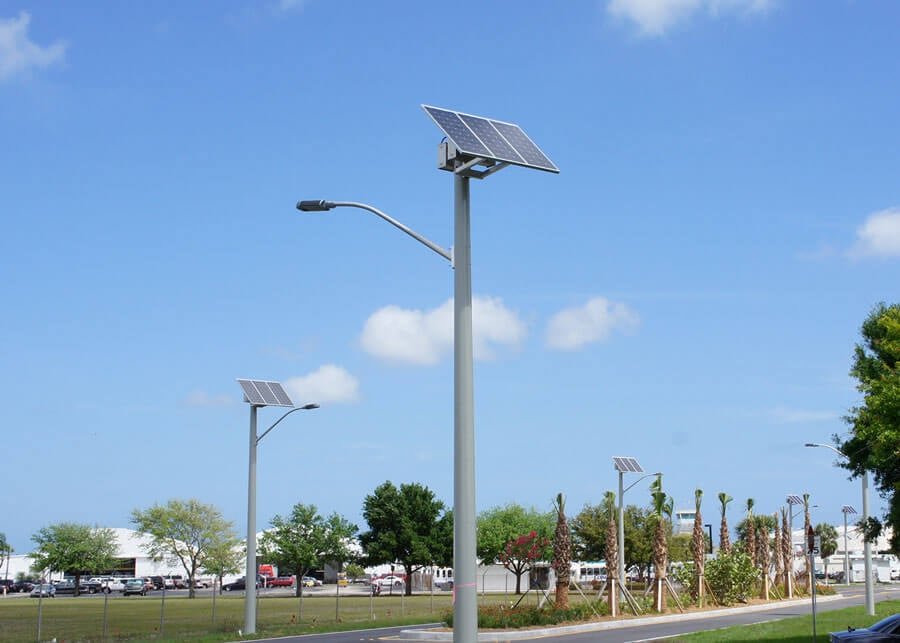
- Uses sunlight to generate power, reducing reliance on traditional electricity.
- Considerations: Placement, cloud cover, and non-replaceable components.
LED Lighting (Best Overall Choice)
The most energy-efficient and durable lighting option.
- Low heat emission with high brightness output.
- Lifespan of up to 20 years.
- Many retrofit options available for different fixtures.
- Adjustable color temperature for various ambiance settings.
CFL Bulbs (Not the Best Option)
More energy-efficient than incandescents but have drawbacks.
- Contains mercury, making disposal hazardous.
- Longer warm-up time compared to LEDs.
- Limited dimming capabilities.
Dimmable Lighting for Energy Conservation
Adjusting light intensity helps save energy and extends bulb lifespan.
- Allows precise control over brightness for different settings.
- Reduces unnecessary energy consumption.
How to Choose the Right Sustainable Lighting for Your Space
For Homes
Use dimmable LED bulbs in living spaces, kitchens, and bedrooms.
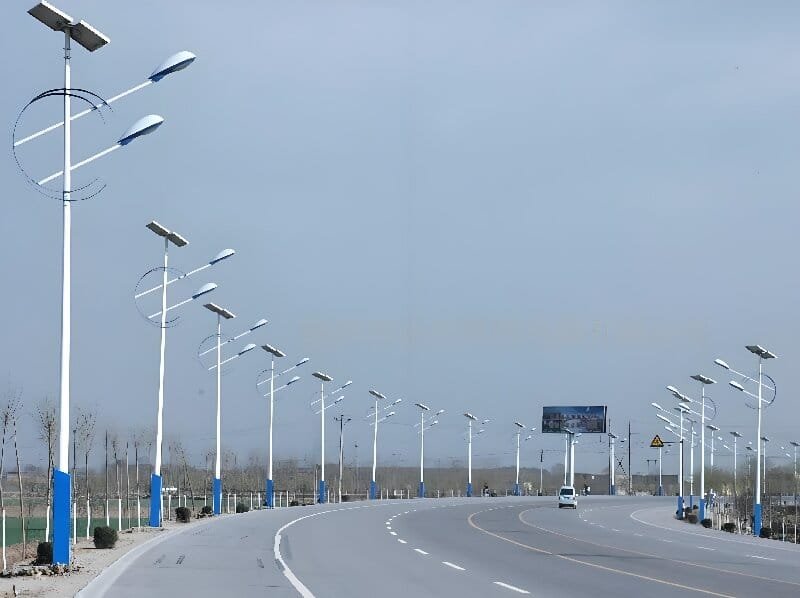
- Create customizable ambiance with warm and cool lighting options.
- Opt for motion-sensor lights in less frequently used areas.
For Businesses
Invest in high-efficiency LED lighting systems with smart controls.
- Implement smart lighting automation for offices and commercial spaces.
- Reduce overhead costs by using energy-efficient fixtures.
For Outdoor Spaces
Opt for solar-powered or motion-sensor LED lighting to minimize waste.
- Solar garden lights provide sustainable illumination without increasing electricity bills.
- Motion-activated lights ensure security while conserving energy.
Conclusion
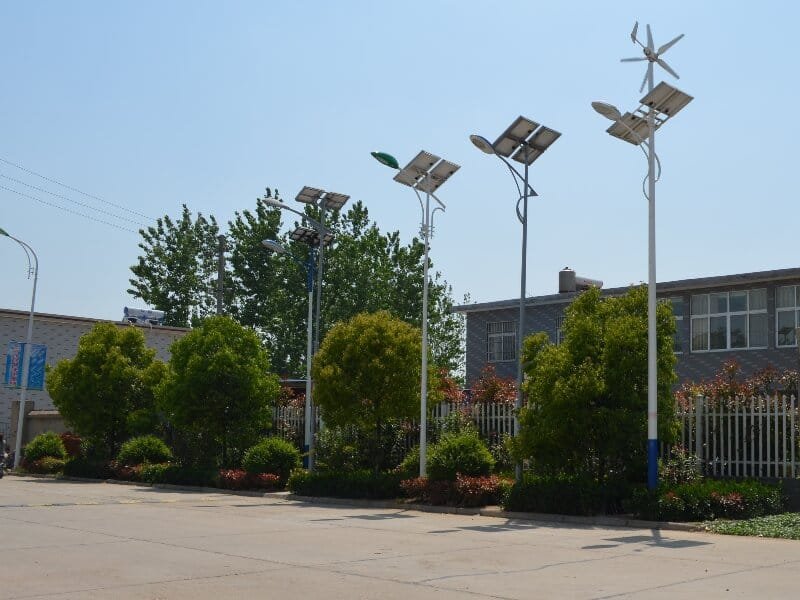
Sustainable lighting solutions help reduce environmental impact, save money, and improve health and safety.
Switching to eco-friendly lighting options like LEDs and solar lights is a step toward a greener and more efficient future.
By making informed lighting choices, individuals and businesses can contribute to sustainability while enjoying cost and energy benefits.
